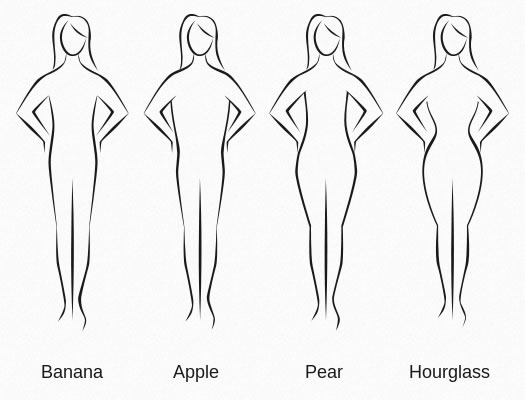Dietary Preferences and Patterns May Be Linked to Genes
The relative amount of protein, carbohydrate, and fat that people choose to eat may be influenced by genetics.
Pancreatic Surgery Riskier for Obese Patients
Obesity may contribute to a greater likelihood of post-operative complications for patients having pancreatic surgery, a surgeon at Thomas Jefferson University Hospital has found.
Cutting Calories, Not Exercise, Plays Bigger Role in Maintaining Weight Loss
New research suggests that for those who have been successful at losing weight, reducing calories is an effective way to keep weight off, especially when it is difficult to find time to exercise.
Employee Health Program Improves Blood Pressure, Diabetes Control
Employees who participated in a worksite health program improved blood pressure control by 9 percent and diabetes control by 15 percent, researchers reported.
Obesity Increases Risk of Injury on the Job
Having a body mass index (BMI) in the overweight or obese range increases the risk of traumatic workplace injury.
Low-Glycemic Load Diet May Be More Effective For Dieters With Certain Insulin Response Patterns
Overweight individuals who secrete insulin at a higher level may experience greater weight loss by selecting a low-glycemic load diet, compared to a low-fat diet, according to a study.
To Get Blood Pressure Under Control, Combination of Medicines May Be Best
Single-tablet combinations of drugs may be what it takes to get blood pressure under control, even in people with moderate hypertension.
Statin Drugs and Risk of Advanced Prostate Cancer
Statins are commonly prescribed agents to lower cholesterol and the associated risks of vascular events. Statins are also known to have proapoptotic and antimetastatic effects in cancer.
Incidence of Fatty Liver Disease Rises as Obesity in Children Increases
Researchers are taking a closer look at Non-Alcoholic Steatohepatitis, more popularly known as Fatty Liver Disease, whose incidence is rising as obesity in children increases.
New Research Casts Doubt Over Heart Disease Treatments
Some treatments for high blood pressure could be increasing the risk of heart attacks and causing more people to need cardiac pacemakers, according to new research findings.
Strong Evidence Links Soft Drink Consumption to Obesity, Diabetes
The case against swigging soda just got stronger. A review of 88 studies finds strong evidence to reduce population consumption of soft drinks.
Comparison of 4 Diet Plans Shows Better Outcomes For Diet With Lowest Carbohydrate Intake
Premenopausal women who were assigned to follow the Atkins diet for one year lost more weight when compared to women who were assigned to follow the Zone, Ornish and LEARN diets.
Exercise, Diet, Supplements Play Role in Lowering Cholesterol without Drugs
When it's time to rein in cholesterol, the go-to prescription is usually statins. These medications can reduce low-density lipoprotein (LDL) cholesterol (the bad cholesterol) from 25 percent to 50 percent, but statins aren't for everyone. The Mayo Clinic Women's HealthSource outlines other ways to lower cholesterol.
Patients Should Be Alert for Obesity Surgery Complication
It is important for obesity surgery patients to take their prescribed vitamin supplements and to be alert for symptoms such as vomiting, confusion, lack of coordination and visual changes, signs of a serious neurological condition that can develop after the surgery.
Obese Patients Run Higher Risk of Post-Operative Complications
Obese patients have a significantly higher risk of complications following surgery, including heart attack, wound infection, nerve injury and urinary tract infection.
High BMI Associated With Lower Likelihood of Being Discharged Home After Hospitalization for Stroke
Individuals with a higher body mass index (BMI) tend are less likely to be discharged directly home after hospitalization for an ischemic stroke.





